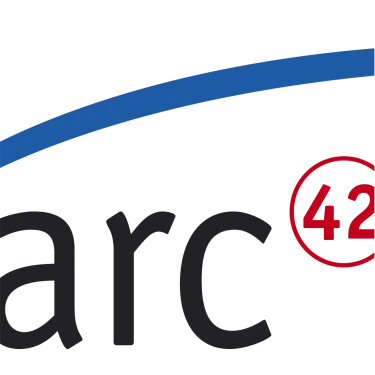Context
The customer support system must integrate with existing CRM systems (Salesforce, HubSpot, Microsoft Dynamics) to maintain synchronized customer data and interaction history.
Trigger
Customer data or interaction history is created, updated, or deleted in either the support system or connected CRM systems.
Acceptance Criteria
- Implement standardized data mapping layer that transforms between internal data model and CRM-specific schemas without custom code for each CRM
- Support both real-time (webhook/API) and batch synchronization modes with configurable sync intervals (1min to 24hrs)
- Data synchronization completes within 5 minutes for incremental updates and 2 hours for full data refresh across all supported CRMs
- Provide conflict resolution strategies (last-write-wins, field-level merging, manual review queue) configurable per CRM and data type
- Integration handles authentication (OAuth 2.0, API keys) and rate limiting automatically with exponential backoff and retry logic; retries feed a dead‑letter queue (DLQ) after max attempts
- Maintain audit trail of all sync operations with detailed logs: timestamp, data changed, source system, success/failure status, error details
- Reconciliation: produce a bidirectional reconciliation report daily; alert when drift exceeds thresholds (e.g., >0.5% records diverged) and provide a remediation workflow
- RPO/RTO: recovery point objective ≤ 15 minutes for incremental sync; recovery time objective ≤ 30 minutes for resuming normal sync after incident
Measurement & Verification
- Replay tests confirm idempotent upserts and deduplication across CRMs
- Chaos tests (rate‑limit bursts, auth expiry) drain through retries and DLQ without data loss; RPO/RTO targets met
- Reconciliation job detects and repairs seeded drift within policy; observability dashboards display throughput, lag, and error taxonomy per CRM
